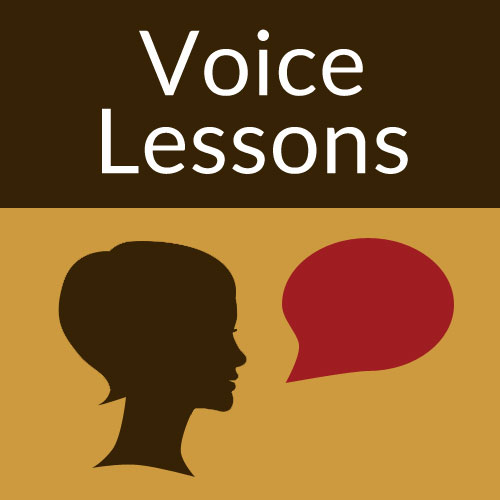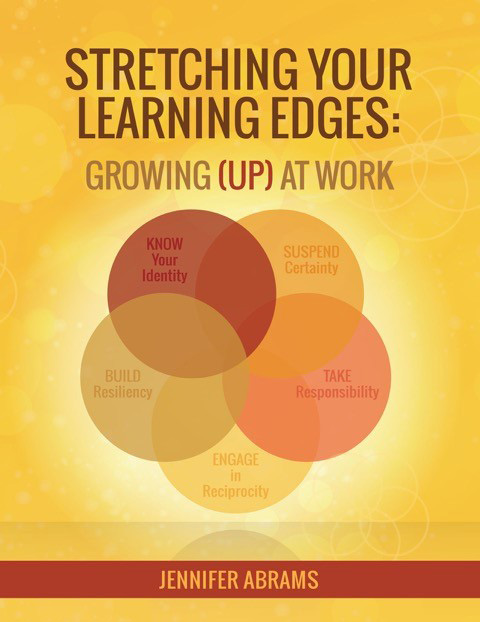Be Both Human and Resource
May 1, 2019

David Brook’s, the op-ed columnist for the NY Times, caused me to have a saliva moment last week. For anyone that hasn’t heard my story, a ‘saliva moment’ it is when someone says something harsh and you grimace and then suck in so much that one can hear the saliva. The comment stings. Something is triggered. It’s an ouch moment.
My saliva moment with Brooks was his column entitled, Five Lies Our Culture Tells, in which he describes that one of the lies we are told is that “Life is an individual journey.” He comments, “This lie encourages people…[to] be unattached. [To] stay on the move.” He goes on to say, “In reality, the people who live best tie themselves down.”
Now I would be inaccurate to not acknowledge that his next few lines include applause for the ‘good people’ who don’t listen to the lies. “They don’t ask: What cool thing can I do next? They ask: What is my responsibility here? They respond to some problem or get called out of themselves by a deep love.”
For the past year I have been ‘on the move,’ and ‘unattached.’ And I will continue to be so for a while. According to Brooks, I am not living my best life as I am not tied down. Looking for cool things isn’t cool according to Brooks. I get his point. Staying at home isn’t what he means by tying oneself down, but doing cool things isn’t wrong either.
I was in the Czech Republic a few weeks ago having been given the opportunity to facilitate an HR Job Alike CEESA (Central Europe) conference hosted by IS Prague. I met folks from Sofia, Bucharest, Riga, Krakow, Warsaw, Tashkent, Moscow, Skopje, and so many other countries in the region and from as far as Helsinki, Copenhagen, Zurich, Istanbul and Luxembourg. All these truly dedicated folks are trying to live up to the role of being both ‘Human’ and ‘Resource.’ Trying to make their roles more strategic and not just operational, and grow their field, their schools and the region. Trying to make a lasting difference. For two days they shared stories, best practices and an understanding for how hard the work is to do the role with both care and accountability. It was ‘Deep End’ work and the first workshop I did post-publication of my new book, Swimming in the Deep End. It was in the most superficial sense, a ‘cool’ moment as Brooks might put it, but also so much more. It was a moment to connect to the bigger responsibility of being human and resource, wherever one is.
While in Prague, I got a chance to visit the Franz Kafka Museum and there was a movie playing there, similar to this one that showed images from the time of Kafka. It stunned me. The faces, the people, and most especially the man waving at the camera at second 24. He was waving at me so many years in the future…I wanted to wave back. To connect.
Robin Williams’ famous Carpe Diem speech in Dead Poets Society comes to the fore in my mind so often. “Carpe Diem, my boys. Make your lives extraordinary.” I may not plant myself within an organization but I do find myself more grounded than ever. I don’t have a cat or a dog. Don’t have my own family or even plants other than cacti. This type of freedom does allow me to be on the move. And to be open. Yet I do feel tied to something. I want to be both human and resource wherever I go. We all just do it in our own way, in whatever time zone we are in for the moment. How are you both human and resource today? See you on the journey.
If you have any questions, comments or topic suggestions, please feel free to email me at Jennifer@jenniferabrams.com. I look forward to hearing from you!
Cool Resources
These websites are connected to the work I am doing in the coming months. I encourage you to check them out.
Speak Up is published by the Southern Poverty Law Center and is available as hyperlinked responses to questions or in a PDF form as well. SPLC writes, “Your brother routinely makes anti-Semitic comments. Your neighbor uses the N-word in casual conversation. Your co-worker ribs you about your Italian surname, asking if you’re in the mafia. Your classmate insults something by saying, “That’s so gay.” And you stand there, in silence, thinking, “What can I say in response to that?” Or you laugh along, uncomfortably. Or, frustrated or angry, you walk away without saying anything, thinking later, “I should have said something.” People spoke about encounters in stores and restaurants, on streets and in schools. They spoke about family, friends, classmates and co-workers. They told us what they did or didn’t say — and what they wished they did or didn’t say.”
The Clayman Institute for Gender Research “Since 1974, the Clayman Institute has been committed to conducting, investing in, and translating gender research. The Institute operates as an incubator for collaboration, engaging diverse groups of experts and scholars to identify and tackles the next big questions related to gender equality. For decades, its ground-breaking research—both its in-house research and the interdisciplinary gender research it funds—has effected lasting change.”
The Cultural Mastery Website – The website says, “Our mission is to lead people to a better understanding of cultures…only when you master the transition between cultures will you be successful in global business. Those who are not ashamed of their mistakes, faux pas, and gaffes when interacting with other cultures will go much further in international business. Are you ready to build some bridges?”

